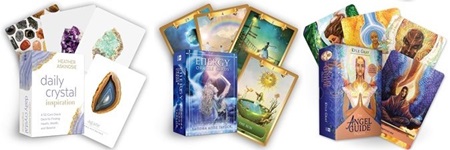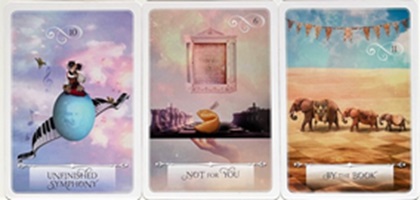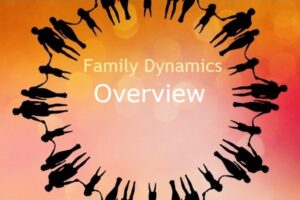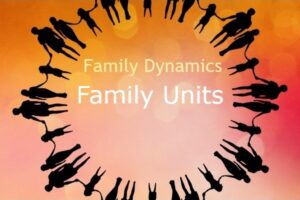Oracle cards are a fascinating facet of divination tools, often utilized for guidance, reflection, and personal growth. Unlike traditional Tarot cards, Oracle cards don’t follow a specific structure or set of rules. Instead, each deck is unique, reflecting the vision and philosophy of its creator. Every Oracle card typically contains at least one central theme and one purpose, which are designed to offer insights and provoke thought. These themes can be incredibly diverse, encompassing elements like love, healing, transformation, and spirituality, among others.

Theme and Purpose
The purpose of an Oracle card is to provide clarity and insight into the various aspects of a person’s life. When drawn during a reading, a card’s theme serves as a focal point for contemplation, helping individuals to concentrate on specific issues or questions they may have. For example, a card themed around “renewal” might encourage someone to consider areas of their life that need rejuvenation or change. The purpose behind this could be to inspire actionable steps towards personal development or to offer reassurance during challenging times.
Guidebook
A box of Oracle cards has from 44 cards to 52 cards (tarot decks are 52 cards). The guidebook has an Introduction, a How To Use Your Cards, a Selection of Spreads, and an Interpretation of the Cards.
How To Use Your Cards
This section covers the topics of The Deck Explained, Bonding and Connecting with Your Cards, Conducting Readings, Shuffling the Cards, Jumping Cards, Reverse Cards, Reading for Self or another Person, and a Selection of Spreads.

Selection of Spreads
Oracle card spreads are a versatile and intuitive method for gaining insights and guidance from the spiritual realm. Unlike traditional tarot spreads, oracle card spreads are often more flexible and can be tailored to suit the specific needs or questions of the reader.
READ: Types of Oracle card spreads
Interpretation of the Cards
The Oracle deck and accompanying Guidebook have an index of each card, a description of each card, and a message.
Interpreting the card involves a blend of intuition and the guidebook’s explanations. Start by observing the card’s artwork and noting any immediate impressions. Then, consult the guidebook for a detailed interpretation. Each book typically offers a general meaning, keywords, and sometimes affirmation or action steps. Trust your intuition and consider how the card’s message applies to your current situation. Over time, you’ll develop a deeper connection with your deck and may even rely less on the guidebook, letting your inner wisdom lead the way. Remember, oracle card readings are a personal and evolving practice, meant to offer insight and support rather than definitive answers.
Reading for Yourself
After you have selected your Oracle deck with a Theme and Purpose, you will want to get familiar with your deck. The next step is to give yourself a reading to imprint your energy into your Oracle deck. Use your Oracle deck for at least a week to learn How To Work With Your Oracle Deck. With each use, you’ll discover how the Oracle card deck can be a valuable tool for your meditative practice or personal growth.



